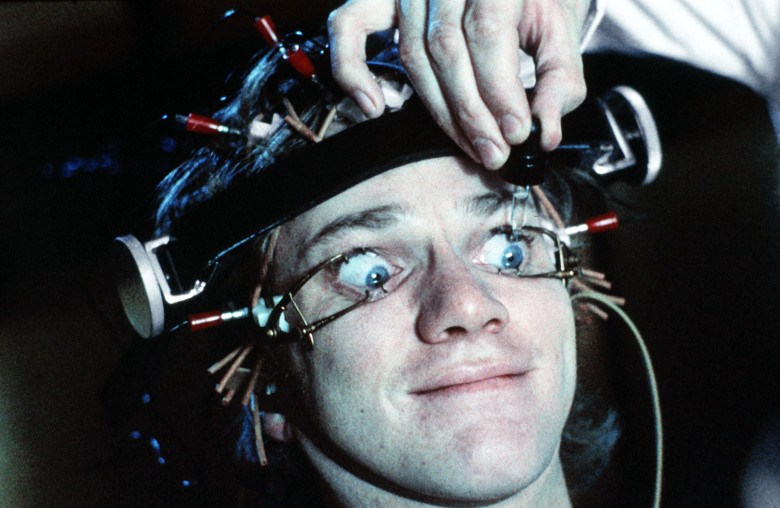Hooray for Bollywood

I’m just a plainspoken Colorado criminal defense lawyer, but the way I see it…
I’ve watched foreign films about as soon as I learned to read. I was originally drawn to them because of how alien they were. What kept, and keeps, me drawn to them, is how utterly familiar they are.
People come in all shapes and colors. From the outside, compared to what I see when I shave, they can look pretty peculiar. From the inside, we’re pretty much the same. Same hopes, same fears. One of the fears is of each other.
Since 2009 Human Rights Watch has presented an annual festival of films, films that come from all over the world (including the United States, which makes foreign films for every other country on earth) and are noted not only for their artistic achievement, but for their telling of stories involving human rights. Not surprising for an organization dedicated to defending and protecting human rights.
I wish Donald Trump would watch some of them. I’m pretty sure the most foreign film he’s seen is “Tom Jones.” The most famous scene from that film is the President’s wet dream — ravenous taste for food; ravenous taste for women; ravenous taste for food and women at the same time; all that faintly orange hair.
There’s so much more out there. I’d like to pin back the President’s eyelids, like they did that guy in Clockwork Orange, and make him watch. If he did it might get him to do what Human Rights Watch hopes its films will get everyone to do: “to empathize and demand justice for all people.”
Watching these films, it’s hard to keep seeing just the threats of otherness. Hard to keep seeing foreigners as alien. Hard to keep seeing perpetrators or defendants. We start seeing people, human beings, different from us, and like us.
Nothing is censored based on point of view. The only films the festival rules out are those containing “unacceptable inaccuracies of fact,” which I suppose would put almost any film featuring the current President of the United States out of the running.
If you were in New York City this month, you would have met:
A Muslim American father who gets a call from the FBI: his son has tried to join ISIS.
A Jewish Israeli lawyer as she prepares to defend her youngest client yet: a thirteen-year-old boy caught up in a knife attack on a Jerusalem street.
Citizen investigative journalists who often go where professional journalists fear to tread, to suss out truth in a post-truth world.
An actress and filmmaker who at the age of twelve discovered her birth story began in trauma inside a political prison in Iran.
Citizens of a once-proud country struggling with questions: do I protest what is happening here, or just get along and collapse into my personal life; do I stay or do I go; abandon all hope or hold fast to possibility? The country is Venezuela, but increasingly it could be the United States.
There are many more people worth meeting outside our own social circles.
Many of the films from last year’s Human Rights Watch Film Festival are available to watch in your own home, on streaming services. Some of the better ones are “City of Ghosts,” “Do Not Resist,” “I Am Not Your Negro,” and “The Settlers,” all available on Amazon; “Kiki” on Hulu; “Starless Dreams” on Kanopy; “We Can’t Make the Same Mistake Twice” is available to rent on iTunes.
The festival is almost through this year’s cycle. The last one of 2019 begins 15 October in Nairobi. I hope Uhuru Kenyatta samples some of the fare.
Many of you will get another chance too, next year’s cycle, in 2020.
A chance to pin your own presidents’ eyelids back.